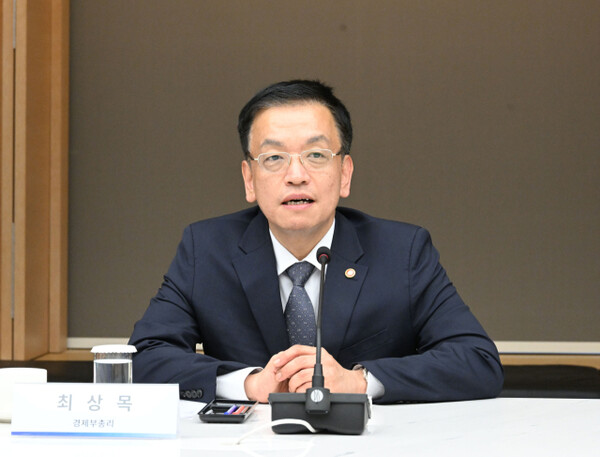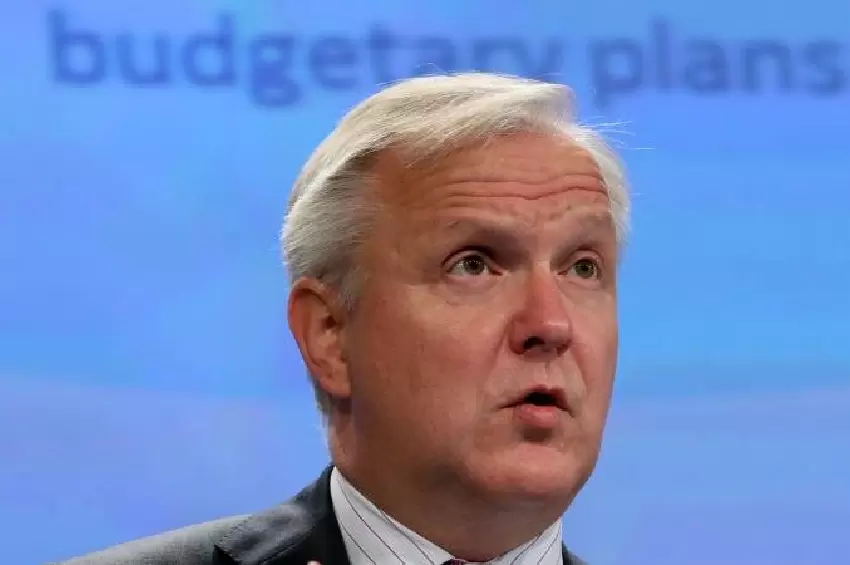Economic Uncertainty Looms as Opposition Pushes for Budget Cuts
The opposition Democratic Party of Korea (DPK) is persisting with its plan to independently pass a budget cut proposal, significantly increasing uncertainty regarding next year's government budget. Deputy Prime Minister and Minister of Economy and Finance, Choi Sang-mok, met with National Assembly Speaker Woo Won-shik on December 9 to request a postponement of the submission of the budget bill to the plenary session slated for December 10 and a smooth passage of next year's budget without big cuts.

However, with the ruling party's leadership in a state of vacancy and the DPK mentioning an additional cut of 700 billion won, the situation remains tense. Experts warn that if the unilateral budget cut proposal by the opposition passes, it could result in a megaton-level aftermath impacting the economy, including public welfare and industries.
Deputy Prime Minister Choi held a private meeting with Speaker Woo for about 20 minutes at the National Assembly and conveyed the government's stance on next year's budget. After the meeting, Choi stated, "For the sake of maintaining South Korea's external creditworthiness and economic stability, it is necessary to promptly finalize the budget through an agreement between the ruling and opposition parties," and added, "I requested the Speaker to use his great leadership to break the deadlock in the budget negotiations."
Immediate Financial Gaps and Long-term Economic Impact
If the budget cut proposal actually passes the National Assembly, there will be immediate financial gaps in public welfare, security, social welfare, research and development (R&D), and key industries starting January 1 next year. The reserve funds used for unexpected disasters and emergencies were halved from 4.8 trillion won in the government proposal to 2.4 trillion won. Additionally, 76.155 billion won for special activity funds and specific business expenses for the Presidential Office, police, prosecutors, and the Board of Audit and Inspection were entirely cut.
Key project budgets supporting the national economy were also significantly cut. The budget for the development of the East Sea deep-sea gas field was reduced by 98.3% from approximately 50.6 billion won to about 800 million won. The budget for the government's investment in the Industrial Bank of Korea for industrial support, such as the Innovation Growth Fund and the Nuclear Power Industry Growth Fund, was also cut by a total of 28.8 billion won.
Public Welfare and Social Programs at Risk
Various public welfare and social programs are also at risk of being suspended or reduced. The opposition party cut 93.1 billion won from the budget for resident physician training allowances and support. Additionally, the support budget for youth leap accounts and child development support accounts, which help young people and vulnerable children build assets, was reduced by 28 billion won and 2.148 billion won, respectively.
Experts are concerned that such an unprecedented budget cut proposal could create various gaps in society as early as the beginning of next year and could also long-term erode public trust in the government. Hong Ki-yong, a professor of business administration at Incheon National University, criticized, "While reductions in the budget review process are naturally possible, the scale is much larger than usual, and it qualitatively results in the loss of functions that have been normally operating," adding, "It is an extremely drastic and violent reduction that cuts the budget for resident physicians and special activity funds, making it impossible to carry out the projects themselves."









Comments